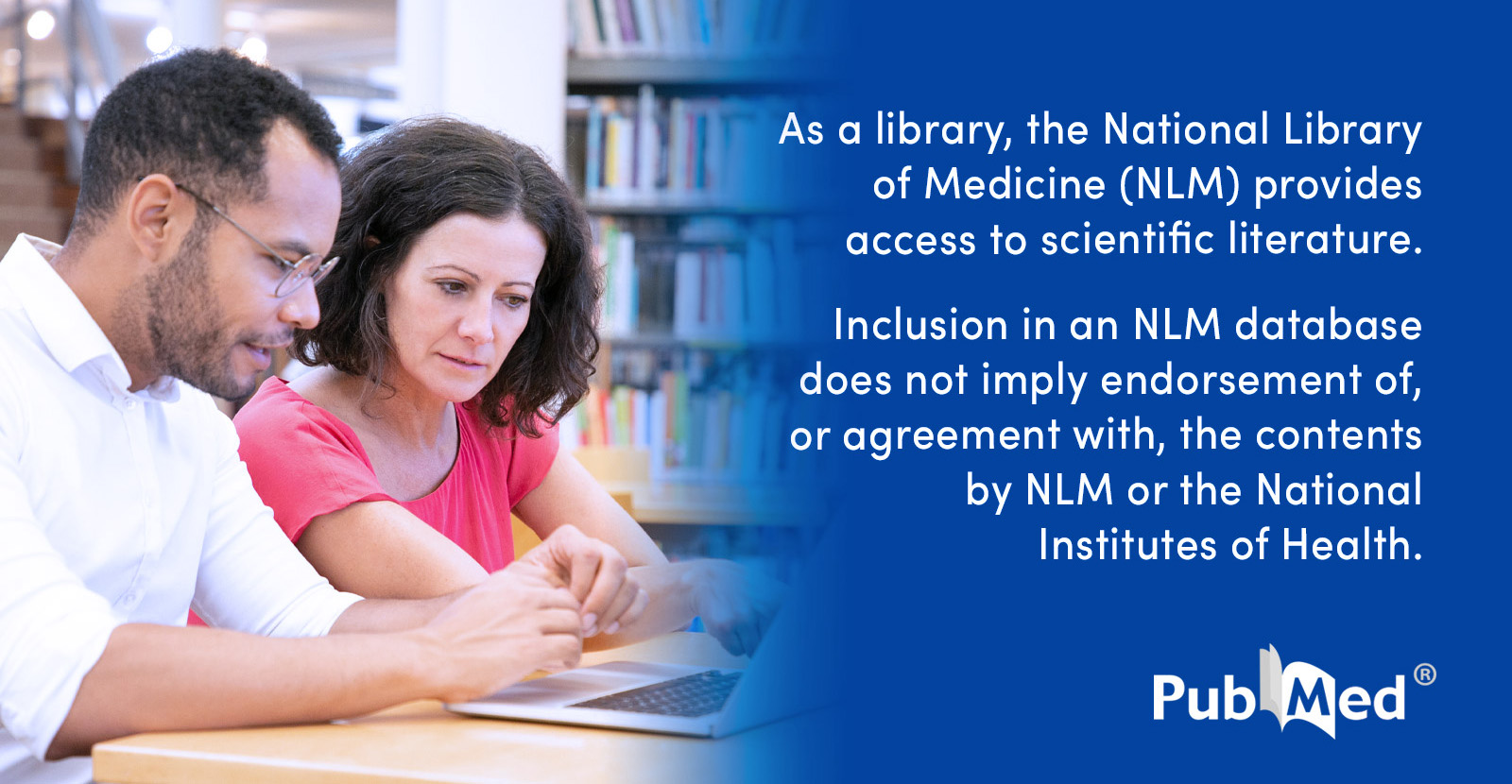tigrxs
🌽🐱
- Joined
- Feb 27, 2024
- Posts
- 1,948
- Reputation
- 2,049
Lifespan - the length of time for which a person, animal, or thing exists, whereas healthspan refers to
Health span - the number of years that someone lives or can expect to live in reasonably good health
The average lifespan has been steadily improving in the West, however, health span hasn’t; this could be because of things like life support, which is basically a living corpse, and various other treatments that keep a patient alive but leave them horribly ill. Modern treatments/medicines are good at keeping people alive but not healthy, this is why the gap between health span and lifespan is growing wider and wider every year. The difference is over a decade, this means the average person is living for years and years in sub-optimal health.
A common misconception is that people didn’t live very long in the past; this was caused by the high infant mortality rate which caused the average life span to be lowered greatly, infant morality has been lowered with basic interventions such as postnatal care, adequate nutrition, vaccinations, and treatment for common diseases.



The most common disease-related deaths are “fixed" with things like chemotherapy and life support.
Chemotherapy is a common treatment for cancer and has likely contributed heavily to the increase in lifespan. However, chemotherapy has horrible side effects which include:
If you’ve ever known someone who has used chemotherapy, you would know how bad it is for your health. Unfortunately, if you have cancer you dont have much choice, and even then it doesn’t have that high of a success rate at approximately 50% but this depends on the type of cancer, overall health, etc compared to the approximately 10% who received no chemotherapy.
Life support is typically used for extreme cases, these include:
Life support uses a ventilator which are machine that act as bellows to move air in and out of your lungs
The common side effects of life support include:
https://publichealth.wustl.edu/heat...fespan-so-why-dont-more-people-know-about-it/

 pubmed.ncbi.nlm.nih.gov
pubmed.ncbi.nlm.nih.gov

 www.nhlbi.nih.gov
www.nhlbi.nih.gov
Health span - the number of years that someone lives or can expect to live in reasonably good health
The average lifespan has been steadily improving in the West, however, health span hasn’t; this could be because of things like life support, which is basically a living corpse, and various other treatments that keep a patient alive but leave them horribly ill. Modern treatments/medicines are good at keeping people alive but not healthy, this is why the gap between health span and lifespan is growing wider and wider every year. The difference is over a decade, this means the average person is living for years and years in sub-optimal health.
A common misconception is that people didn’t live very long in the past; this was caused by the high infant mortality rate which caused the average life span to be lowered greatly, infant morality has been lowered with basic interventions such as postnatal care, adequate nutrition, vaccinations, and treatment for common diseases.
The most common disease-related deaths are “fixed" with things like chemotherapy and life support.
Chemotherapy is a common treatment for cancer and has likely contributed heavily to the increase in lifespan. However, chemotherapy has horrible side effects which include:
- Fatigue
- Hair loss
- Easy bruising and bleeding
- Infection
- Anemia (low red blood cell counts)
- Nausea and vomiting
- Appetite changes
- Constipation
- Diarrhea
- Mouth, tongue, and throat problems such as sores and pain with swallowing
- Peripheral neuropathy or other nerve problems, such as numbness, tingling, and pain
- Skin and nail changes such as dry skin and color change
- Urine and bladder changes and kidney problems
- Weight changes
- Chemo brain, which can affect concentration and focus
- Mood changes
- Changes in libido and sexual function
- Fertility problems
If you’ve ever known someone who has used chemotherapy, you would know how bad it is for your health. Unfortunately, if you have cancer you dont have much choice, and even then it doesn’t have that high of a success rate at approximately 50% but this depends on the type of cancer, overall health, etc compared to the approximately 10% who received no chemotherapy.
Life support is typically used for extreme cases, these include:
- Lungs: In cases of near-drowning, pneumonia, drug overdose, a blood clot, and severe lung injury or disease, such as COPD and cystic fibrosis, and muscle or nerve diseases such as ALS and muscular dystrophy
- Heart: Sudden cardiac arrest or heart attack
- Brain: Stroke or a severe blow to the head
Life support uses a ventilator which are machine that act as bellows to move air in and out of your lungs
The common side effects of life support include:
- Atelectasis is a condition in which your lung or parts of it do not expand fully. This causes the air sacs to collapse and reduces the amount of oxygen that reaches your blood.
- Blood clots and skin breakdown can happen from staying in one position for long periods. When using a ventilator, you may need to stay in bed or use a wheelchair. This raises your risk of blood clots, serious wounds on your skin called bedsores, and infections.
- Fluid can build up in the air sacs inside your lungs, which are usually filled with air. This is called pulmonary edema.
- Lung damage can result from pushing too much air into your lungs or using too much pressure. Too much oxygen can also damage your lungs. Babies put on a ventilator, especially premature infants, may be at a higher risk of lung damage from excess oxygen therapy and lung infections in childhood and adulthood.
- Pneumothorax is a condition that develops when air leaks out of your lungs and into the space between the lungs and the chest wall, and sometimes into the muscles and tissues of your chest wall and neck. This leakage can cause pain and shortness of breath. It may cause one or both lungs to collapse. The air that enters the chest could also put pressure on your heart, resulting in a life-threatening situation that would require immediate placement of a tube in your chest to drain the air and decrease the pressure on your heart.
- Vocal cord damage from the breathing tube can damage your vocal cords. This can affect the passage of air into the lungs, especially in young children with smaller airways. Tell your doctor if you experience hoarseness or have trouble speaking or breathing after your breathing tube is removed.
- Weak diaphragm and other breathing muscles from long-term use of a ventilator can lead to some problems and delays in being taken off the machine.
https://publichealth.wustl.edu/heat...fespan-so-why-dont-more-people-know-about-it/

Survival Rates of Concurrent Chemo-Radiation versus Radiation Alone in Locally Advanced, Unresectable Head and Neck Cancers: A Retrospective Cohort Study - PubMed
Concurrent chemo-radiation (CRT) should be used as the standard treatment in patients who are medically fit. A Cisplatin or Carboplatin weekly regimen can be used as an alternative to a Cisplatin three-weekly regimen. Site of primary tumor N-stage, recurrent tumor, low RT dose (below 70 Gy), and...

Risks of Being on a Ventilator
A ventilator can raise the risk of infection such as pneumonia as well as other problems from short- or long-term use. Learn more about the possible risks of ventilator support.
Last edited:



